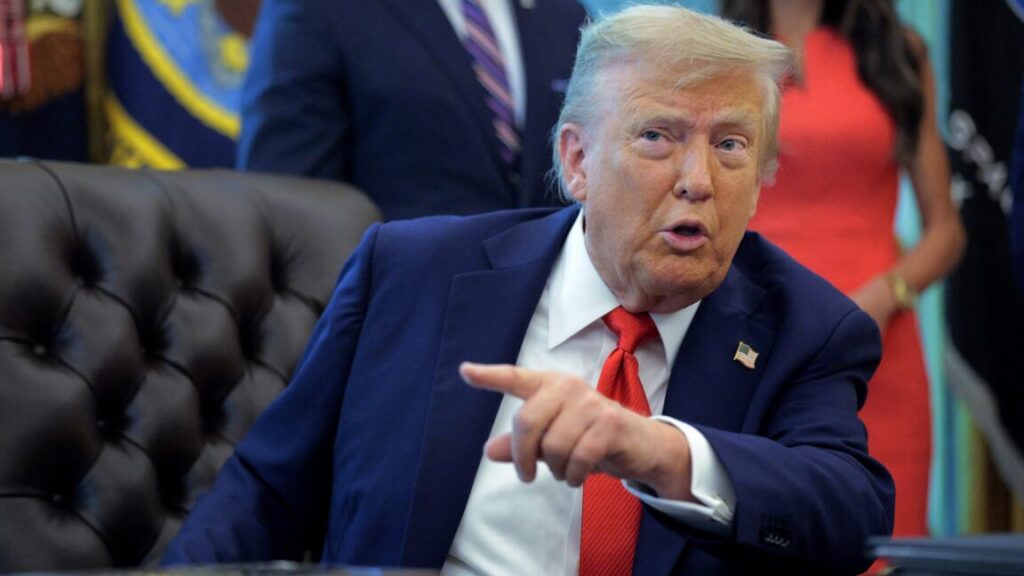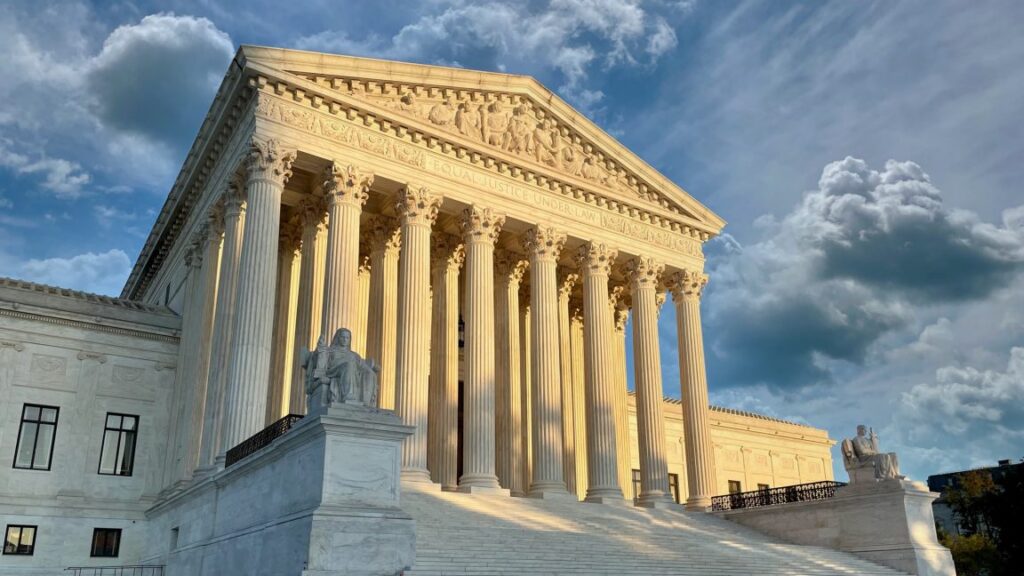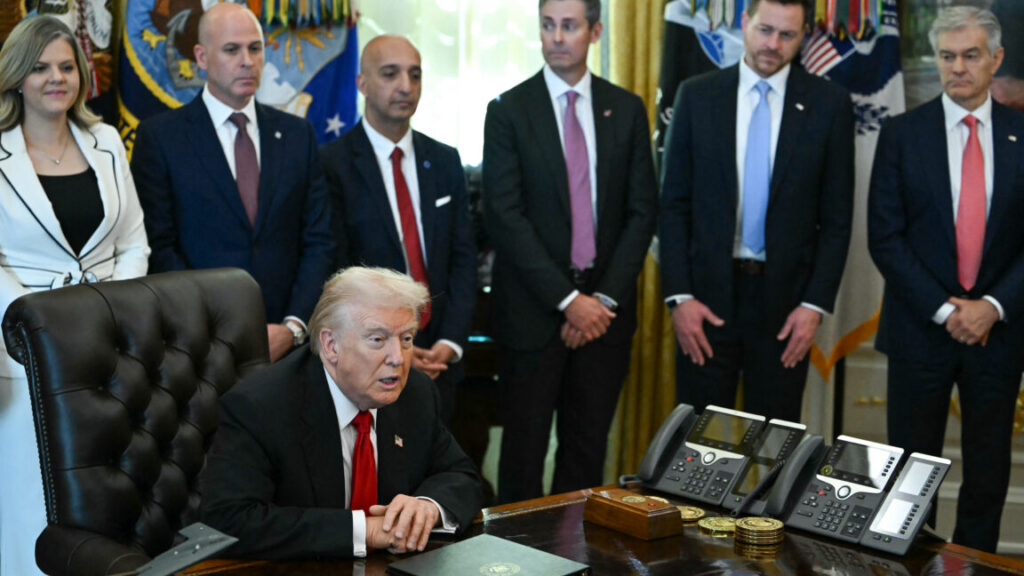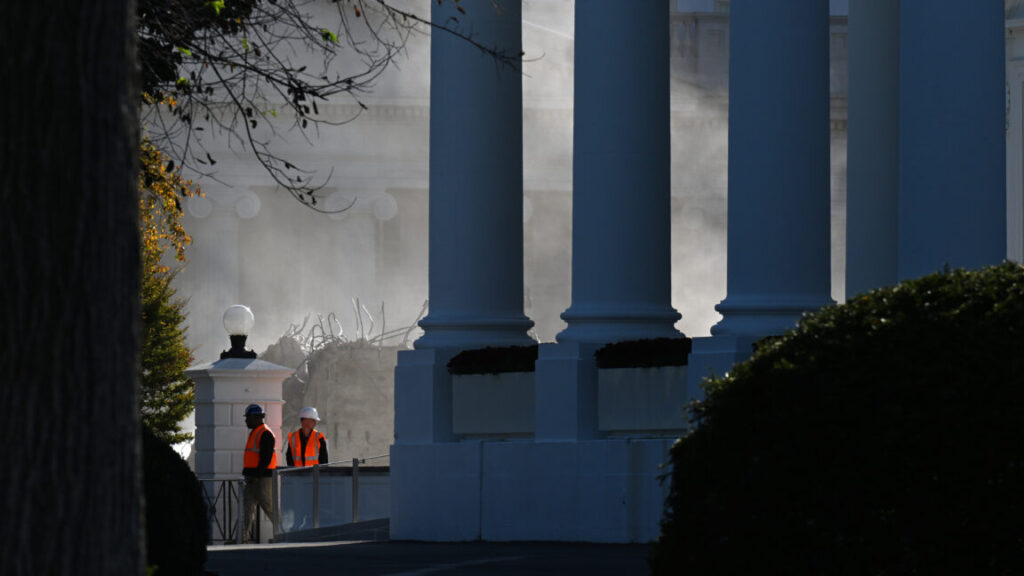Trump withdraws US from world’s most important climate treaty
The actual impact of the US withdrawal on many of the UN bodies singled out by Trump would depend on how aggressively his administration followed through on its announcement.
The head of one of the UN bodies named in the executive order said that the full effect of the move would become clear only during the UN’s annual budget allocation process.
“If they want to be difficult they could block the adoption of our budget. So it depends on how far they want to take it,” the person added.
Although the list caused anguish among environmental groups, it did not go as far as originally envisaged on trade and economic matters after the administration quietly dropped the World Trade Organization and the OECD from its list of potential targets last year.
In October, it emerged that Trump had authorized the payment of $25 million in overdue subscriptions to the WTO, despite the administration deriding the organization as “toothless” only a month previously.
The list also did not include the International Maritime Organization despite the Trump administration’s successful—and diplomatically bruising—move last year to block the IMO’s plan to introduce a net zero framework for shipping.
Sue Biniaz, the former US climate negotiator, said she hoped the retreat from the UNFCCC treaty was “a temporary one,” adding there were “multiple future pathways to rejoining the key climate agreements” in future.
Stiell of the UNFCCC agreed: “The doors remain open for the US to re-enter in the future, as it has in the past with the Paris Agreement. Meanwhile the size of the commercial opportunity in clean energy, climate resilience, and advanced electrotech remains too big for American investors and businesses to ignore.”
He added: “While all other nations are stepping forward together, this latest step back from global leadership, climate co-operation, and science can only harm the US economy, jobs, and living standards, as wildfires, floods, megastorms, and droughts get rapidly worse.”
© 2026 The Financial Times Ltd. All rights reserved Not to be redistributed, copied, or modified in any way.
Trump withdraws US from world’s most important climate treaty Read More »












